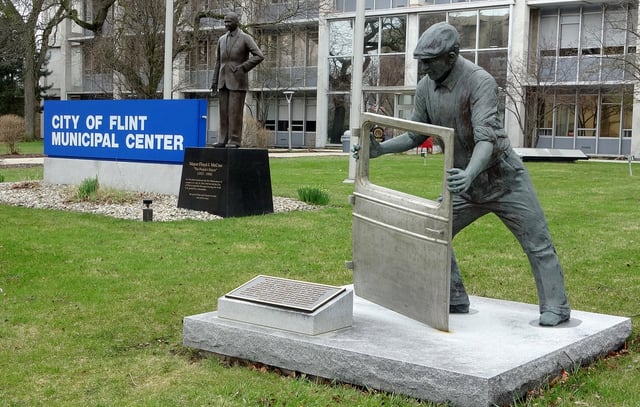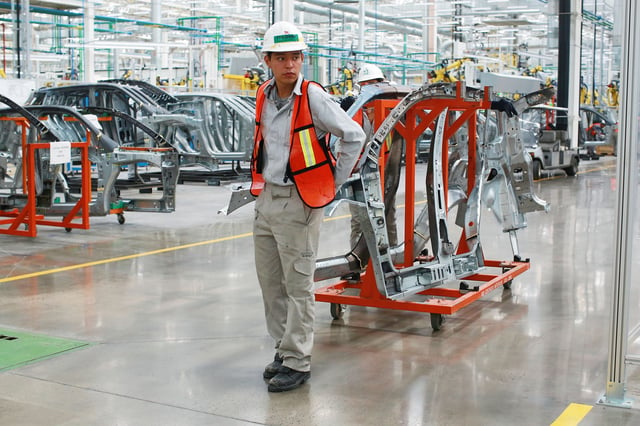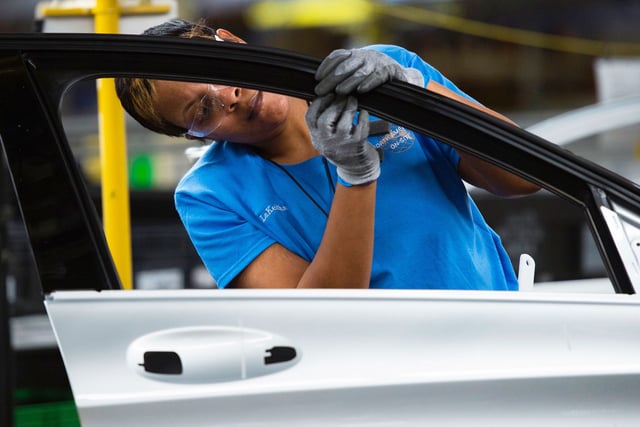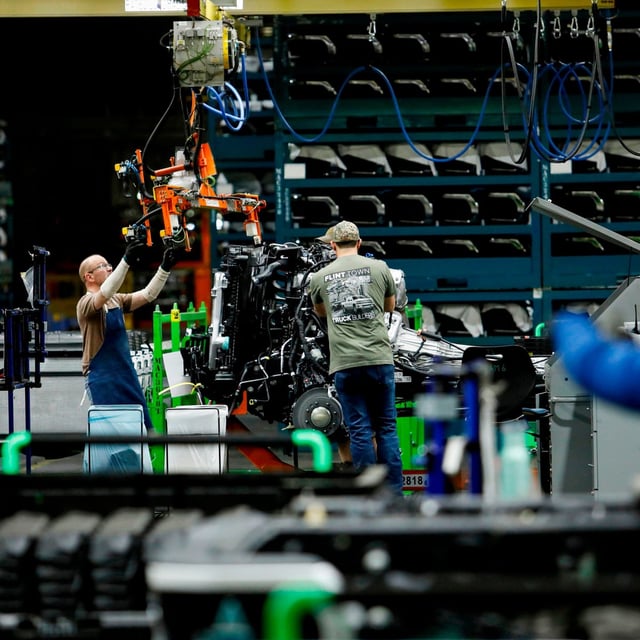Overview
- President Trump's tariffs on vehicles, steel, and aluminum aim to revive American auto jobs but are criticized for raising production costs and consumer prices.
- Flint, Michigan, with its rich automotive history, faces uncertainty as the tariffs threaten the integrated North American auto market.
- Economic experts warn that automation in car production limits the potential for job restoration, even if factories return to the U.S.
- The Anderson Economic Group estimates that tariffs could add $5,000 to $12,000 to vehicle prices, straining consumer affordability.
- Critics, including local residents, question the strategic rationale and research behind the Trump administration's tariff policies.



